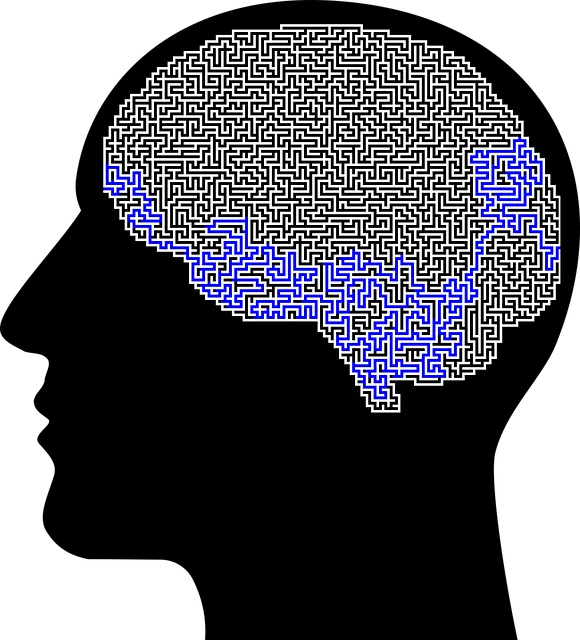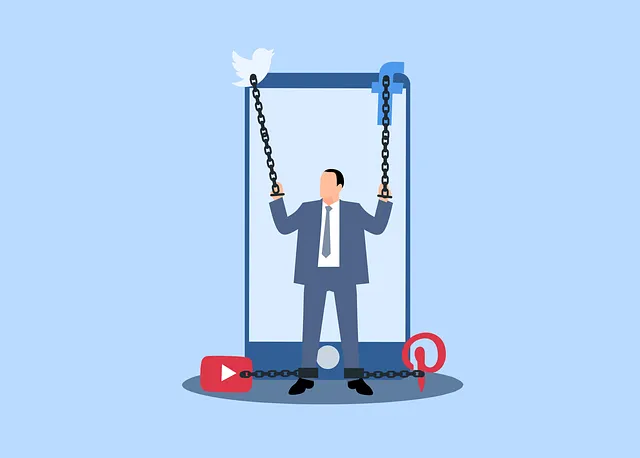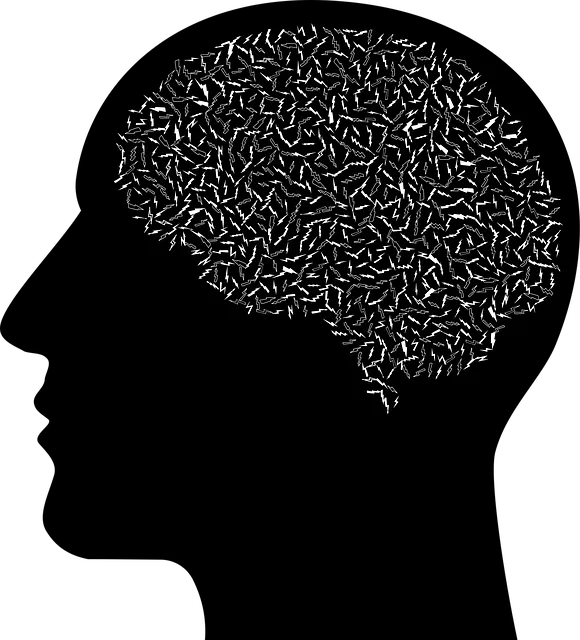Community outreach programs like Lafayette Kaiser Permanente's Mental Health initiative play a pivotal role in enhancing societal well-being by promoting proactive mental healthcare. These programs focus on prevention, self-care, and stigma reduction through strategic planning, tailored communication, and evidence-based practices. By understanding local needs, overcoming access barriers, and employing creative strategies, they foster community resilience. Success is measured using multi-faceted data analysis, ensuring continuous improvement based on participant feedback and real-world insights, as demonstrated by Lafayette Kaiser Permanente's commitment to effective mental health initiatives.
Community outreach programs play a pivotal role in bridging healthcare gaps, particularly in mental health services. Inspired by the successful Lafayette Kaiser Permanente Mental Health Model, this article explores strategies for implementing impactful initiatives. From understanding community needs to measuring success through evaluation, we guide you through each step. Discover how effective planning, engagement, and continuous improvement can lead to lasting positive change in mental health accessibility, mirroring the innovative approach of Lafayette Kaiser Permanente.
- Understanding Community Outreach: The Lafayette Kaiser Permanente Mental Health Model
- Planning and Preparation: Strategies for Effective Program Design
- Implementing the Program: Engaging the Community and Overcoming Challenges
- Measuring Success: Evaluating Impact and Continuous Improvement
Understanding Community Outreach: The Lafayette Kaiser Permanente Mental Health Model

Community outreach programs play a pivotal role in enhancing mental health and well-being on a societal level. One exemplary model to highlight is the Lafayette Kaiser Permanente Mental Health initiative, which focuses on fostering a supportive environment through proactive engagement. This program understands that addressing mental health issues requires a community-centric approach, focusing not just on treatment but also on prevention and early intervention.
By implementing strategies such as self-care routine development for better mental health and burnout prevention, the Lafayette Kaiser Permanente model encourages individuals to take charge of their well-being. It promotes Mind Over Matter principles, emphasizing the power of positive mindset shifts and resilience-building techniques. Through these initiatives, the program aims to create a network of support, reduce stigma, and ensure that mental health resources are accessible to all members of the community.
Planning and Preparation: Strategies for Effective Program Design

Effective community outreach programs for mental health initiatives, such as those implemented by Lafayette Kaiser Permanente, require meticulous planning and preparation. The first step involves understanding the specific needs and challenges within the target community, including identifying prevalent mental health concerns like anxiety relief and mood management. Engaging with local stakeholders, healthcare providers, and community leaders is essential to gather insights and ensure the program’s relevance and acceptability.
Program design should be evidence-based, drawing from successful models that foster self-care practices and promote resilience. This includes structuring activities and workshops that educate individuals on coping strategies, stress management techniques, and healthy lifestyle choices. Effective preparation also entails tailoring communication materials to resonate with diverse cultural backgrounds, ensuring accessibility, and providing clear instructions for participation. By focusing on these strategic aspects, community outreach programs can maximize their impact, fostering a healthier and more resilient population.
Implementing the Program: Engaging the Community and Overcoming Challenges

Implementing a community outreach program like Lafayette Kaiser Permanente’s mental health initiative requires a strategic approach to engage and connect with the community it serves. The first step is to understand the local needs and preferences, which may involve conducting surveys, focusing groups, or listening sessions to gather insights directly from residents. This step ensures that the program aligns with the community’s priorities, fostering a sense of ownership and increasing the likelihood of participation.
One of the challenges in such initiatives is overcoming barriers to access, especially regarding mental health services. This could include addressing stigma, lack of awareness, or limited transportation options. By employing creative strategies like hosting events in accessible locations, utilizing peer support, or integrating technology for remote sessions, these programs can enhance reach and engagement. For instance, Lafayette Kaiser Permanente might organize wellness workshops in local parks, schools, or community centers to make mental health services more welcoming and less intimidating, thus encouraging individuals to develop coping skills and prevent burnout.
Measuring Success: Evaluating Impact and Continuous Improvement

Measuring success is a vital aspect of any Community Outreach Program Implementation, particularly when focusing on mental health initiatives like those being led by Lafayette Kaiser Permanente. To truly evaluate impact, organizations should employ a multi-faceted approach that combines quantitative and qualitative data. This might include tracking key performance indicators (KPIs) such as program attendance, participant satisfaction scores, and changes in mental health assessments over time. For instance, measuring the number of individuals who complete a coping skills development workshop and then follow up with improved depression prevention strategies can demonstrate program effectiveness.
Additionally, continuous improvement relies on gathering feedback from participants, healthcare professionals, and community members. This feedback loop allows for adjustments to be made based on real-world insights, ensuring that the Community Outreach Program Implementation stays relevant and responsive to evolving needs. By regularly assessing impact and incorporating constructive criticism, Lafayette Kaiser Permanente can enhance its mental health initiatives and better serve the community it aims to support.
Community outreach programs, such as the Lafayette Kaiser Permanente Mental Health model, offer a transformative approach to healthcare. By understanding local needs, planning strategically, engaging the community, and continuously evaluating impact, these initiatives can significantly improve access to mental health services. Incorporating successful strategies from this model enables organizations to foster stronger, healthier communities, ultimately enhancing the well-being of all residents.






